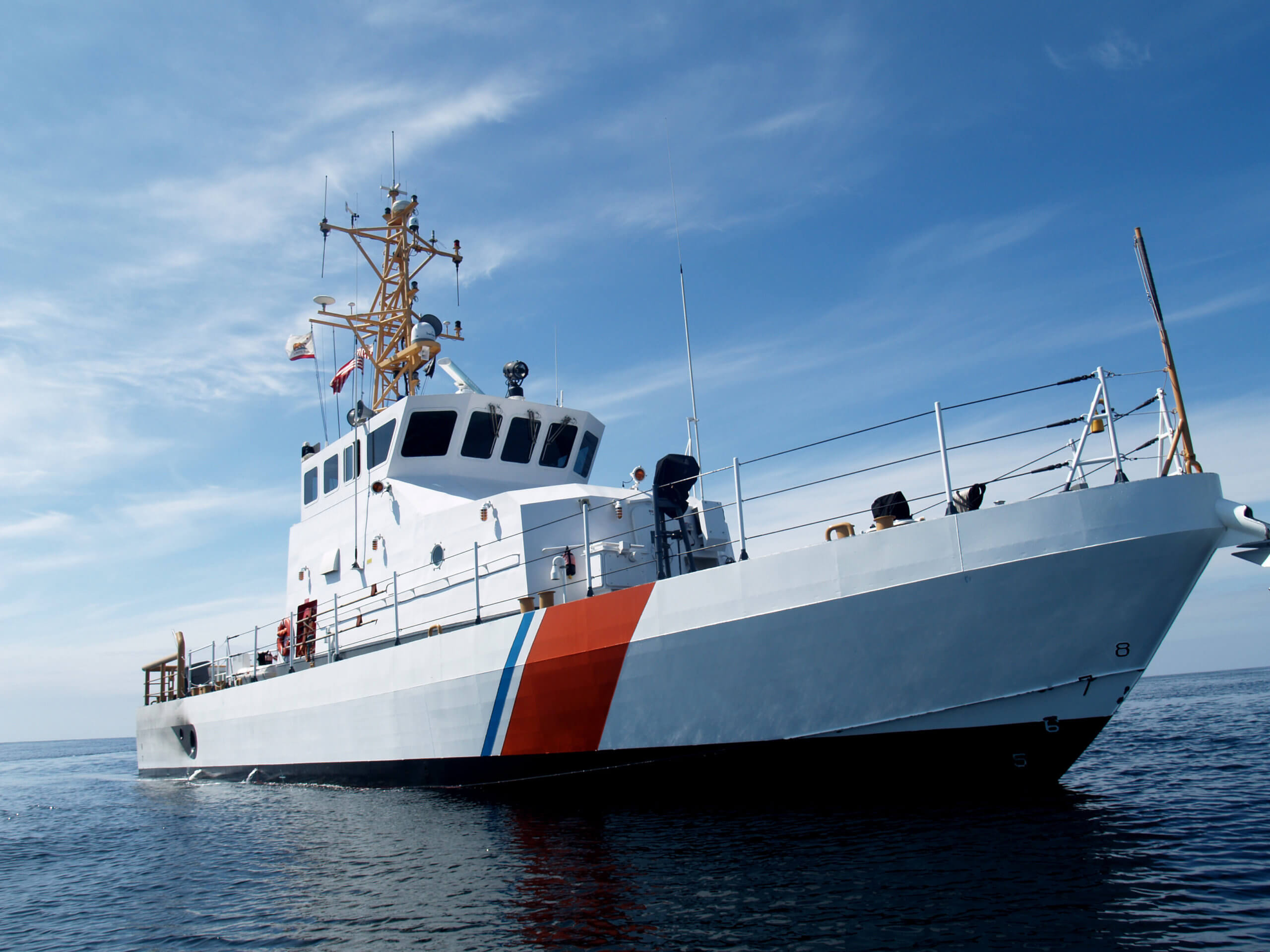The Dangerous Dock

If I told you that statistics on boats sinking showed that the dock is four times more dangerous than the open water, you might tell me to check my calculator, among other things. But study after study shows that four times as many boats sink at the dock than under way! Why is that?
Real Time Reactions
Well, candidly, there are lies, damn lies, and statistics. If you are under way and you see water coming up from below, you are going to do something about it right away. Thus, the underway problems are going to be dealt with in real time, and the odds are way in your favor that you can save the vessel, even if you have to drive her on to the beach to do so. But why do so many boats sink at their docks? Why didn’t the bilge pump save her, to start with?
Many people believe “big boat, big bilge pump. Little boat, little bilge pump.” Wrong! Big boat, lots of bilge pumps. Little boat, big bilge pump. You need to get the water out of your 17-foot Seahunt as fast as possible. A rate of 500 gallons per minute isn’t half as good as 5000 GPM.
It is less than half as good because, once she goes down, no bilge pump can re-float her. And experts estimate that it costs 40 percent of the original value of the boat to rewire her and restore the engine. Oh, and throw out the radio, GPS, and fish finder. So, your $20,000 Seahunt will cost you as much as $8000 to repair and restore versus the $200 you could have spent on a 1000-GPM bilge pump. Is she worth that much today?
Buying Time
And remember, bilge pumps don’t save boats. They buy you time. Time from what? Well, again, the statistics say that boats sink at the dock for two major reasons. Half the time a thru-hull fitting gives up the ghost and water eventually overwhelms the battery/bilge pump arrangement. So, check the thru-hulls with every lay-up. And check the screws around them. If the screws rot* away, they provide another source for water to enter that isn’t so obvious. But it will add up.
The second most common source of sinking at the dock is snow and rain (30 percent). It happened to one of my boats because the self-bailing scuppers got clogged from leaves. Rain followed…and followed…and followed, until I had a submarine. Also, many skippers believe that Biminis and canvas covers prevent water from entering the boat. Wrong again. They slow it down, but don’t stop it. In the winter, stow them someplace dry and shrinkwrap the boat.
So, over 80 percent of the boats sink for two reasons — all of which adds up to checking the boat from time to time. Or paying the dockhand to, or your teenager who wants some extra spending money to go with his or her new driver’s license, but check it. Would you leave a box with $20,000 unattended on your lawn for months at a time?
So, if four out of five boats sink at the dock, what about that other boat? Well, that is a story for another time — and soon.
* By the way, marine screws don’t rot. They get eaten away by electrical charges in the water. This is due to poor “galvanic isolation.” More on that in the days ahead!



